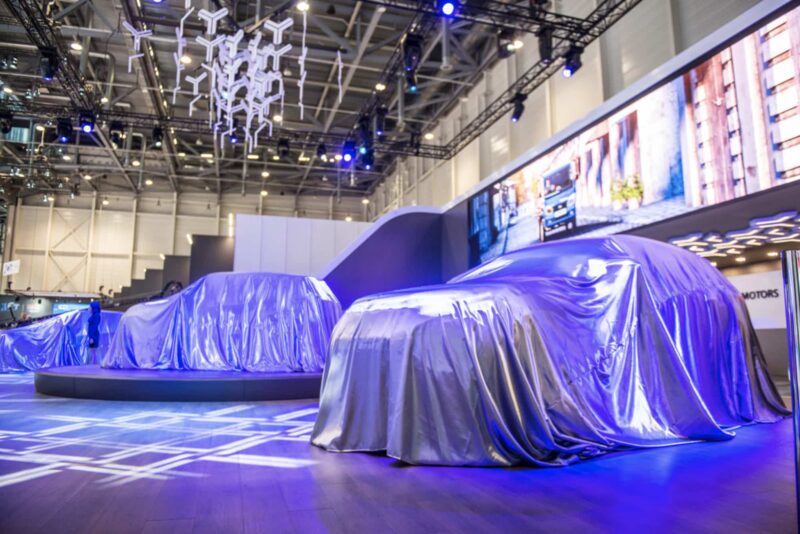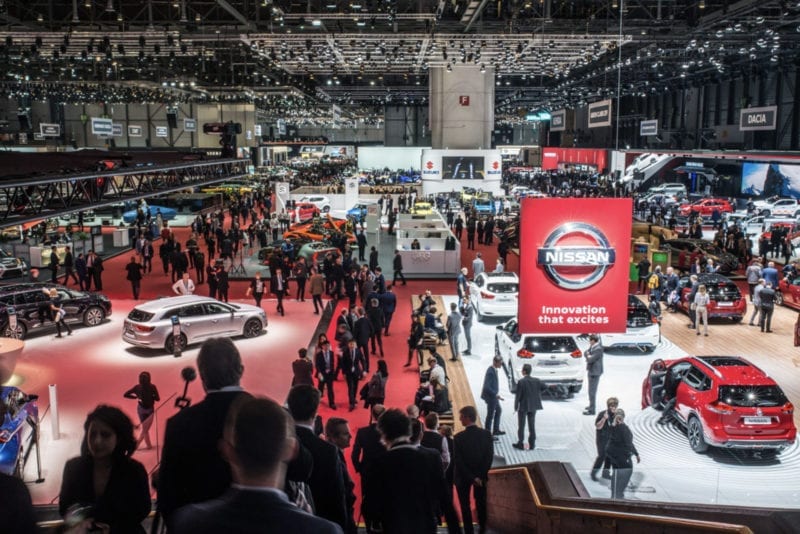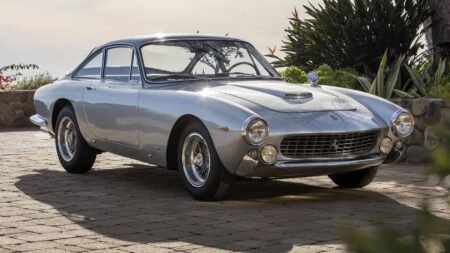I feel genuinely sorry for small, companies who’d planned on using Geneva to announce big news – companies like Czinger who were going to launch an extraordinarily innovative largely 3D-printed hypercar; and I feel sorry for the paying public who might find getting hotel and travel costs refunded rather trickier than their entry tickets, but for the rest of us and the industry as a whole? Not so much.
But if I were in charge of organising what is by a distance the world’s most important motor show, I’d not be lamenting the sudden passing of my show: I’d already be working flat out to ensure the next one doesn’t go the same way, even without a helping hand from a hitherto unrecognised disease.
Because the truth is that the big traditional motor show was already an endangered species long before the coronavirus called time on Geneva in 2020. The once massive shows in Detroit and Tokyo are but shadows of their former selves, Paris has been clobbered in recent years by slew of big name no shows and even in Geneva the list of non-attendees included Lamborghini, Jaguar Land Rover, Citroen, Peugeot and Vauxhall.

Old-fashioned car unveilings have had their time, says Frankel
GIMS
Even five years ago, it would have been unthinkable that they’d not be there complete with big stands and important stuff to show. Beijing 2020 went the same way as Geneva and we know already Frankfurt 2021 isn’t happening and a new location is being sought.
And, I hope, a different approach. The motor show as it is today is very little different to how it has been for a lifetime: inviting press and public to come and look at shiny cars on a stand in a big hall is an ancient and now lazy idea which has been allowed to survive because it has suited those who pay for it – car manufacturers mainly – to keep it that way. Look at pictures from before the war of the show at Olympia and you will see what I mean.







